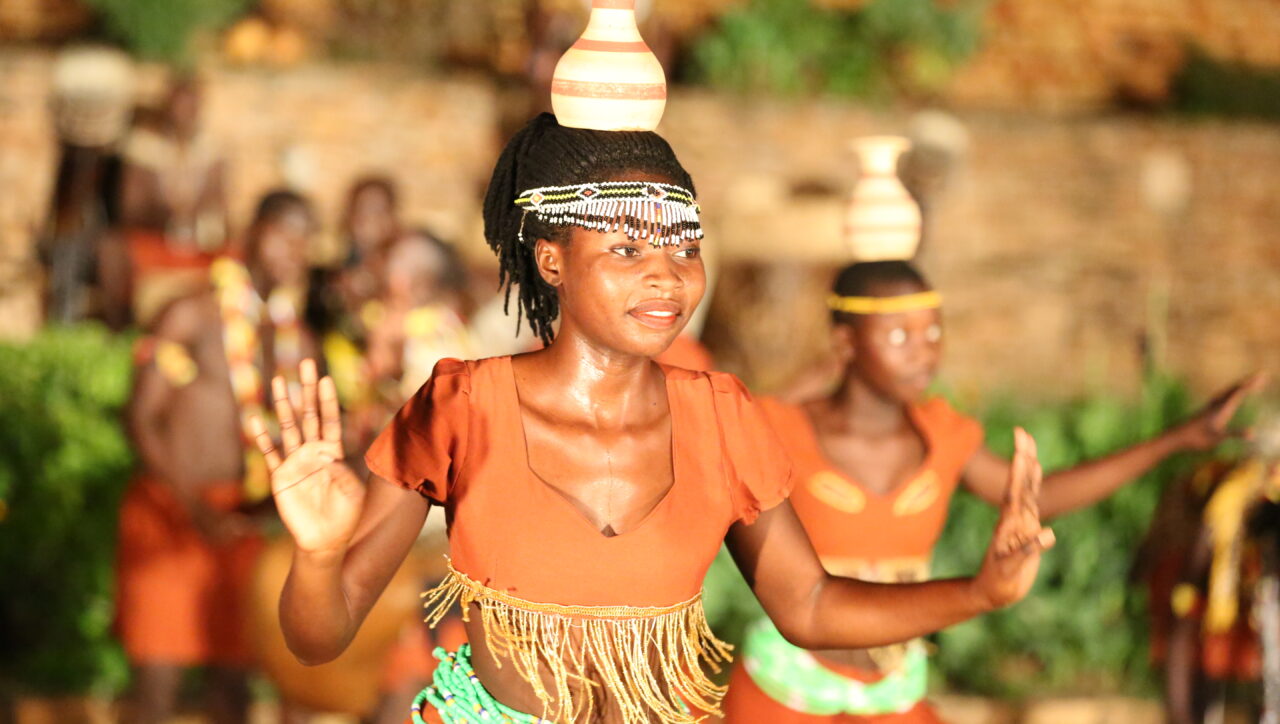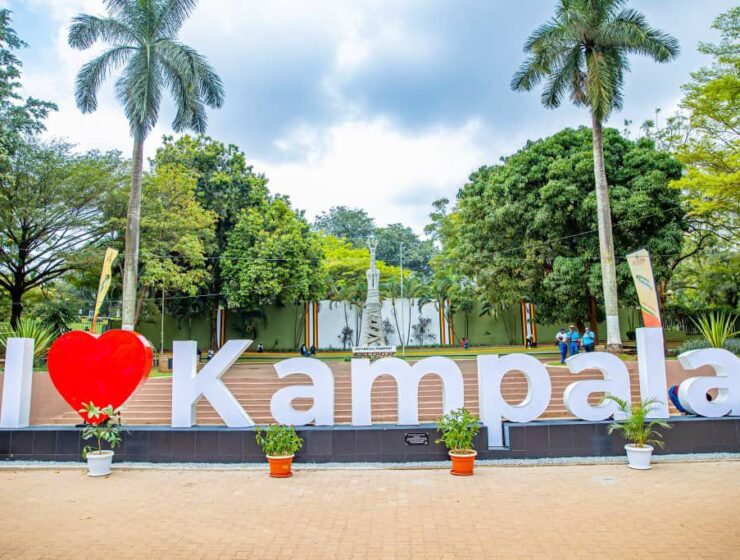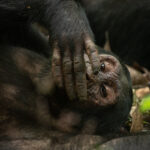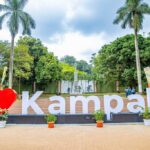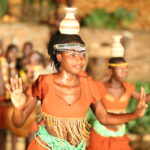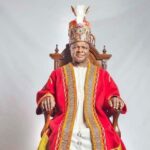When people think of Uganda, they often picture its breathtaking national parks, rolling hills, and mountain gorillas. But beyond the wildlife and landscapes lies something even more powerful, the heart and soul of its people.
Uganda’s culture is one of the most vibrant and diverse in Africa, woven from more than 50 tribes, each with its own traditions, language, music, and way of life. Together, they create a country that’s as colourful and welcoming as its landscapes.
A Land of Many Peoples
Uganda’s population is made up of several ethnic groups that can broadly be categorized into Bantu, Nilotic, and Central Sudanic communities.
The Bantu peoples; including the Baganda, Basoga, Banyankole, Bakiga, and Batooro dominate the central and western parts of the country. They are known for their structured kingdoms, elaborate cultural ceremonies, and rich traditions in art, music, and storytelling.
The Nilotic tribes; such as the Acholi, Langi, Alur, and Iteso, inhabit the northern and eastern regions. Their vibrant dances, love for folklore, and deep sense of community reveal a culture shaped by resilience and pride.
The Central Sudanic and Nilo-Hamitic groups; like the Lugbara and Karamojong, are mostly found in the northern and north-eastern parts of Uganda, known for their pastoral way of life and colorful attire. Each group adds a unique thread to Uganda’s cultural fabric yet all share a common warmth that defines the Ugandan spirit.
The Kingdoms: Guardians of Heritage
Uganda’s ancient kingdoms remain strong cultural symbols, even today. The Buganda Kingdom is the most prominent, with a well-preserved system of leadership under the Kabaka (King). Sites like the Kasubi Tombs, Lubiri Palace, and Bulange Parliament reflect the depth of Buganda’s history and the pride of its people.
Other traditional monarchies such as Bunyoro, Toro, and Busoga continue to play a vital role in preserving identity, customs, and unity among their people. Their royal ceremonies, crafts, and language are powerful reminders of Uganda’s pre-colonial glory.
Language: The Sound of Unity in Diversity
Uganda’s linguistic landscape is as diverse as its people. Over 40 local languages are spoken across the country. English and Swahili serve as official languages, but Luganda is the most widely used for daily communication. In every village, town, and city, you’ll hear voices filled with warmth a reflection of the country’s friendliness and open spirit.
Music, Dance, and Art: The Pulse of Ugandan Life
In Uganda, music and dance are not just entertainment they’re expressions of life, identity, and emotion. Every region has its signature rhythm:
The Baganda’s Bakisimba dance celebrates joy and togetherness, performed with graceful hip movements and steady drumbeats.
The Acholi’s Larakaraka dance bursts with energy, symbolizing courtship and community celebration.
The Banyankole’s Ekitagururo is full of elegance, often performed during weddings and traditional ceremonies.
Traditional instruments like the adungu (harp), endingidi (tube fiddle), and drums give Ugandan music its distinct heartbeat.
Art also thrives here from intricate basket weaving and bark cloth making to pottery and beadwork. Every piece tells a story passed down through generations.
Cuisine: A Taste of Home
Ugandan food is as comforting as it is flavourful. Across the country, people gather around shared meals, often prepared with care and tradition. The central region is known for matooke (steamed green bananas) often served with luwombo a delicious stew of meat or groundnuts wrapped in banana leaves.
In the east, malewa (bamboo shoots) is a traditional delicacy of the Bagisu, while the west enjoys eshabwe, a creamy sauce often served with millet bread. Food in Uganda is more than nourishment it’s a language of love, hospitality, and community.
Beliefs and Way of Life
Respect for elders, family bonds, and community life are deeply valued in Ugandan society. Traditional beliefs often blend with Christianity and Islam, creating a harmonious coexistence of faiths. From birth to marriage, every stage of life is celebrated with rituals that honor ancestry, unity, and gratitude.
Cultural Tourism in Uganda
For travelers seeking authentic experiences, Uganda’s culture offers endless opportunities. Visitors can explore the Kasubi Tombs and Kabaka’s Lake in Kampala, experience the Imbalu circumcision ceremonies of the Bagisu in Mbale, or engage with the Batwa community near Bwindi for a moving insight into their forest heritage.
At WildPulse Adventures, we believe travel is more than sightseeing it’s about connection. Our cultural tours and community visits are designed to let you meet the people, share a meal, join a dance, and feel the heartbeat of Uganda.
The Spirit That Unites
Despite its diversity, Uganda is bound by a shared spirit kindness, resilience, and joy. Whether it’s a smile from a market vendor, the rhythm of a drum at sunset, or a story told by the fire, Uganda’s culture reminds us that its greatest treasure is its people.
“In Uganda, culture isn’t just history, it’s a living story told every day through laughter, language, and love.”

